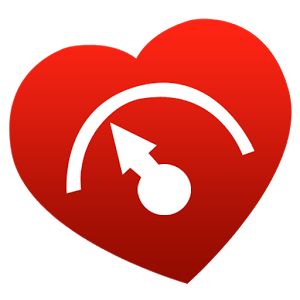 I try to empower and engage my patients by sharing clinical data and knowledge of guidelines. Why? Because the best medicine is practiced by enabling and encouraging “shared decision making.” “I am going to put you on this cholesterol medicine” should be replaced with “let me show you your lipids, what it means for your cardiovascular risk, and how a statin might help or hurt you.” Almost invariably, empowering patients with knowledge, rationale, and honest data, leads to rational decisions, cooperative care, good doctor-patient relationships, and healthy outcomes.
I try to empower and engage my patients by sharing clinical data and knowledge of guidelines. Why? Because the best medicine is practiced by enabling and encouraging “shared decision making.” “I am going to put you on this cholesterol medicine” should be replaced with “let me show you your lipids, what it means for your cardiovascular risk, and how a statin might help or hurt you.” Almost invariably, empowering patients with knowledge, rationale, and honest data, leads to rational decisions, cooperative care, good doctor-patient relationships, and healthy outcomes.
In this light, I encourage my patients, and encourage anyone reading today’s blog, to calculate their own 10 year cardiovascular risk. Why do this?
- It keeps you honest and accurate about your own risk of heart attack and stroke. Some may have a natural tendency to underestimate their own risk.
- I bet you’ll play with the calculator to calculate ‘what if’s’. How much would my risk go down if I lowered my cholesterol? What if I quite smoking? These exercises are very interesting, and can be very productive.
- You can be (as you should be) an important part of the decision making team with your doctor. Again, shared decision making.
- You can apply your own risk to many published guidelines. For example, if you want to know if you should take an aspirin, or if you should take a statin, you need to quantify your personal 10 year risk.
There are many published risk calculators. You may have heard of the Framingham score, for example, or the Reynolds Risk Score, or others. For the purpose of this blog, I highly recommend that you use the American Heart Association/American College of Cardiology 10 year Atherosclerotic Cardiovascular Disease Risk Calculator (ASCVD Risk Calculator). This calculator will estimate your own chances of suffering cardiovascular death, a non-fatal heart attack, or a stroke, in the next ten years. To use it, have your cholesterol numbers and blood pressure available. I like this one: calculator. (important note: The calculator is designed for those between the ages of 40 and 79, whose LDL is less than 190, who have not had a previous heart attack or stroke. If those do apply to you, please discuss other risk calculations with your doctor.)
So go ahead, use the calculator, and keep yourself honest, be an empowered patient, and improve your own health.
Off to check my blood pressure,
Dr. Van Dam